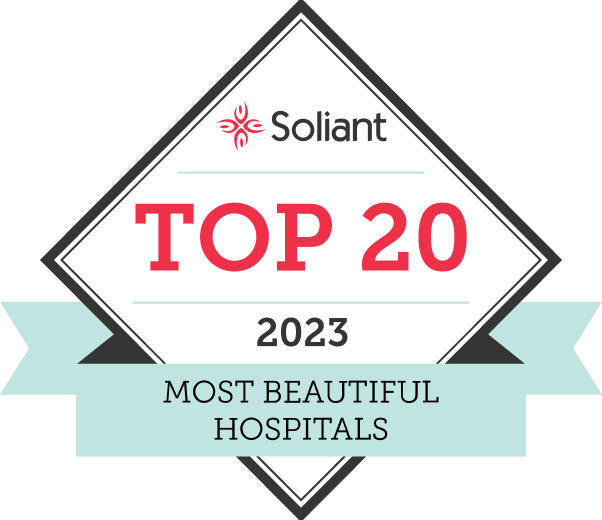HRMC HISTORY
"A DREAM MATERIALIZED IN HAMPTON COUNTY"
The quote above titles an article from the Hampton County Guardian on November 8, 1950, acknowledging the opening and dedication of Hampton General Hospital. The original hospital was constructed on over 14 acres of land given by Mrs. Elizabeth M. Rentz in memory of her late husband, William H. Rentz of Varnville.
The history of Hampton Regional Medical Center is the history of medicine in Hampton County. The hospital, then known as Hampton General Hospital, was built at a total cost of $283,000 and dedicated on November 1, 1950. Hampton General Hospital was a county-owned facility that was governed by a board of directors selected by the Hampton County Council. This was a typical form of hospital governance, but uncommon today. There were numerous renovations and additions throughout the years.

In 1995, Hampton County Council converted the hospital to a South Carolina Public Benefit, not-for-profit hospital (a 501(c)3 corporation) and turned the governance over to a community based voluntary board of directors. At that time, the hospital was renamed Hampton Regional Medical Center. Under a new form of governance and new management, HRMC has prospered and grown to become one of the county's largest employers. The hospital is at the center of a growing medical community, and in 2005 was named one of the Top 100 hospitals in the United States by Cleverley & Associates.
In the fall of 2008, Hampton Regional Medical Center opened into its new hospital facility with an adjacent Medical Office Building housing physicians specializing in internal medicine, cardiology, orthopedics, general surgery, ophthalmology, podiatry and neurology. In 2019, HRMC signed a strategic alliance with the Medical University of South Carolina (MUSC) that will transform the delivery of rural health care in South Carolina; together, HRMC and MUSC will extend primary and specialty care to serve Hampton County and surrounding areas by leveraging the combination of advanced practitioners, the latest telehealth services, and supportive oversight by MUSC specialists.




